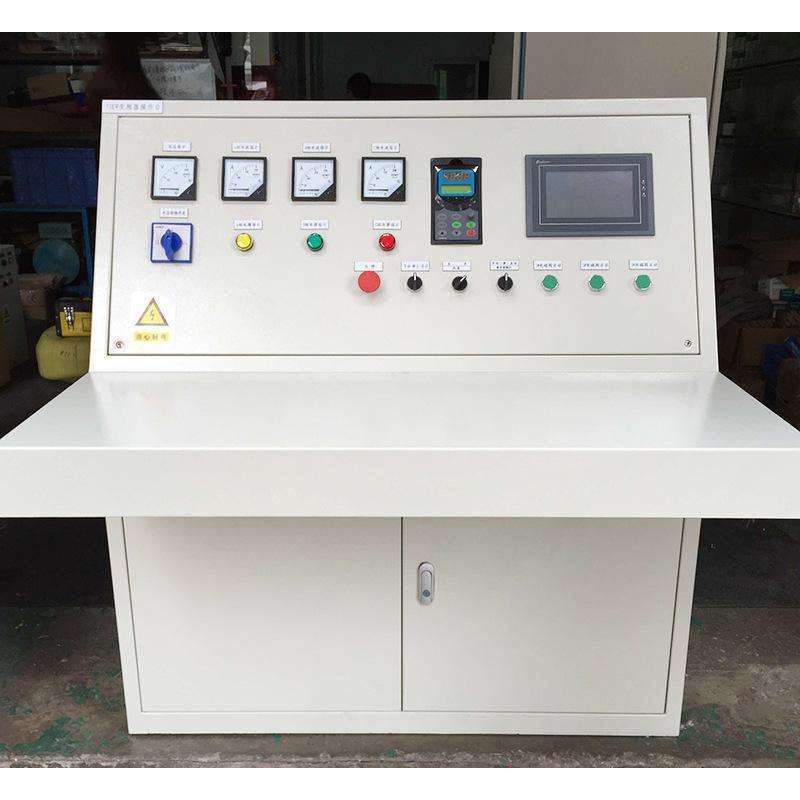
Nov . 30, 2024 23:55
Back to list
Understanding the Function and Benefits of Natural Gas Regulators in Home Systems
Understanding Natural Gas Regulators Essential Components for Safe and Efficient Gas Distribution
Natural gas is a crucial energy source that powers homes, industries, and facilities worldwide. To ensure its safe and efficient distribution, natural gas regulators play a vital role. These devices help manage the pressure and flow of gas, making them indispensable in the delivery system.
What is a Natural Gas Regulator?
A natural gas regulator is a mechanical device that controls the pressure of the gas flowing from the supply line to the end-user
. It regulates the pressure to a level that is safe and usable for homes and businesses, preventing potential hazards that could arise from overpressure or fluctuations in supply. Regulators are typically installed at various points in the distribution system, including residential service lines, commercial buildings, and industrial facilities.How Do Natural Gas Regulators Work?
Natural gas is delivered to consumers at high pressures through pipelines. However, the pressure needs to be reduced significantly before it reaches the appliances and systems that use it. The regulator achieves this by utilizing a diaphragm and a spring mechanism. When gas enters the regulator, it pushes against the diaphragm, which activates the spring and adjusts the valve opening. This process allows gas to flow at a predetermined pressure, ensuring that appliances receive the gas they need without the risk of excessive pressure.
Regulators can be categorized into two main types first-stage and second-stage regulators. The first-stage regulator reduces the high pressure from the transmission line to a medium pressure suitable for further distribution. The second-stage regulator further reduces this pressure to the low pressure required for residential or commercial use. These two-stage systems help provide a stable supply of gas, especially in areas where demand fluctuates.
Importance of Natural Gas Regulators
1. Safety The primary function of a gas regulator is to enhance safety. High pressure can lead to leaks, explosions, or fires. By maintaining appropriate pressure levels, regulators minimize these risks, protecting both property and lives.
natural gas regulator

2. Efficiency Regulators optimize the performance of gas appliances. When gas is supplied at the correct pressure, appliances like furnaces, water heaters, and ovens operate more efficiently and consume less energy, resulting in cost savings for consumers.
3. Regulatory Compliance Many regions have strict codes and regulations governing gas distribution. Properly installed and functioning regulators help ensure compliance with these regulations, reducing the risk of legal issues and penalties.
4. Operational Reliability In commercial and industrial applications, the reliability of gas pressure is crucial. A consistent gas supply allows businesses to maintain operations without interruptions, ensuring productivity and profitability.
Maintenance and Monitoring
While natural gas regulators are designed for durability and reliability, regular maintenance is essential for optimal performance. Users should visually inspect regulators for signs of wear, corrosion, or damage. Additionally, pressure tests can be conducted to ensure regulators function correctly within the required parameters.
It is also important to ensure that regulators are installed by qualified professionals who adhere to local codes and standards. Improper installation can lead to ineffective pressure control, increasing the risk of safety hazards.
Conclusion
Natural gas regulators are critical components in the safe and efficient management of gas distribution systems. By keeping pressure levels within safe ranges, they contribute to the safety and efficiency of gas appliances, support regulatory compliance, and enhance operational reliability. Regular maintenance and professional installation are essential to ensure these devices perform their important functions effectively. As the demand for natural gas continues to grow, understanding and prioritizing the role of gas regulators will be increasingly important for consumers, businesses, and regulators alike.
Latest news
-
Safety Valve Spring-Loaded Design Overpressure ProtectionNewsJul.25,2025
-
Precision Voltage Regulator AC5 Accuracy Grade PerformanceNewsJul.25,2025
-
Natural Gas Pressure Regulating Skid Industrial Pipeline ApplicationsNewsJul.25,2025
-
Natural Gas Filter Stainless Steel Mesh Element DesignNewsJul.25,2025
-
Gas Pressure Regulator Valve Direct-Acting Spring-Loaded DesignNewsJul.25,2025
-
Decompression Equipment Multi-Stage Heat Exchange System DesignNewsJul.25,2025

